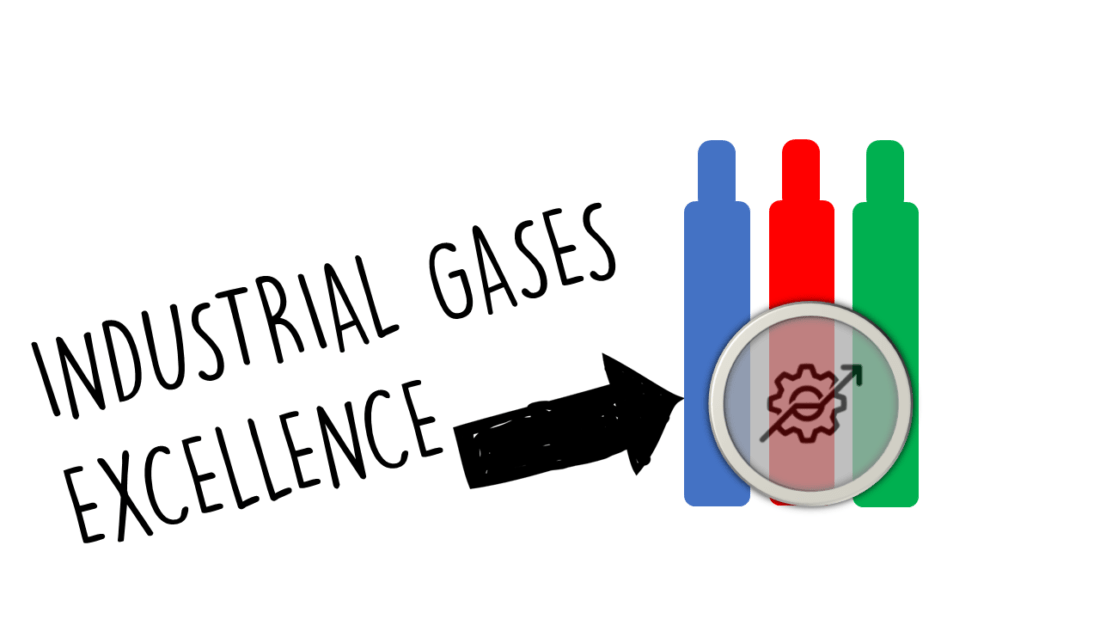The industrial gas industry plays a critical role in various sectors, including manufacturing, healthcare, and energy. As the industry continues to evolve, it faces several challenges that require innovative solutions. In order to remain competitive and resilient in the future, the industrial gas industry can leverage several key levers for problem-solving.
These levers include:
1. Technological advancements: Embracing new technologies can help the industrial gas industry address challenges such as increasing demand, changing customer needs, and environmental concerns.
For example, the industry can invest in advanced gas separation and purification technologies to improve efficiency and reduce emissions. Additionally, leveraging digitalization and data analytics can enhance operational efficiency and enable predictive maintenance.
2. Sustainable practices: With growing concerns about climate change and environmental sustainability, the industrial gas industry can focus on developing and implementing sustainable practices.
This includes investing in renewable energy sources for gas production, reducing greenhouse gas emissions through carbon capture and storage technologies, and promoting circular economy principles by reusing and recycling gases.
3. Collaboration and partnerships: The industrial gas industry can benefit from collaboration with other stakeholders such as equipment manufacturers, research institutions, and customers. By working together, they can develop innovative solutions to common challenges.
For example, collaborating with equipment manufacturers can lead to the development of more efficient and cost-effective gas processing equipment.
4. Diversification of product offerings: To adapt to changing market dynamics, the industrial gas industry can explore new product offerings beyond traditional gases. This includes developing specialty gases for niche applications such as electronics manufacturing or medical research. Diversification can help the industry tap into new revenue streams and reduce dependence on specific sectors.
5. Talent development: As technology continues to advance, the industrial gas industry needs a skilled workforce that can adapt to new challenges and drive innovation. Investing in talent development programs, such as training initiatives and partnerships with educational institutions, can ensure a pipeline of skilled professionals who are equipped to tackle future problems.
6. Global expansion: The industrial gas industry can leverage global expansion opportunities to tap into new markets and diversify its customer base. This includes expanding operations in emerging economies with growing industrial sectors, as well as exploring partnerships and acquisitions to gain access to new technologies and capabilities.
7. Resilient supply chain management: The industrial gas industry relies on a complex supply chain to deliver gases to customers. To ensure resilience, the industry can invest in robust supply chain management systems that can quickly adapt to disruptions such as natural disasters or geopolitical events. This includes diversifying sourcing options, implementing advanced logistics technologies, and building strategic stockpiles of critical gases.
Conclusion: By leveraging these problem-solving levers, the industrial gas industry can navigate the challenges of the future and remain a vital player in various sectors. Embracing technological advancements, sustainable practices, collaboration, diversification, talent development, global expansion, and resilient supply chain management will enable the industry to thrive in 2024 and beyond.




